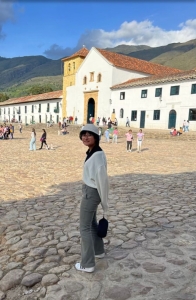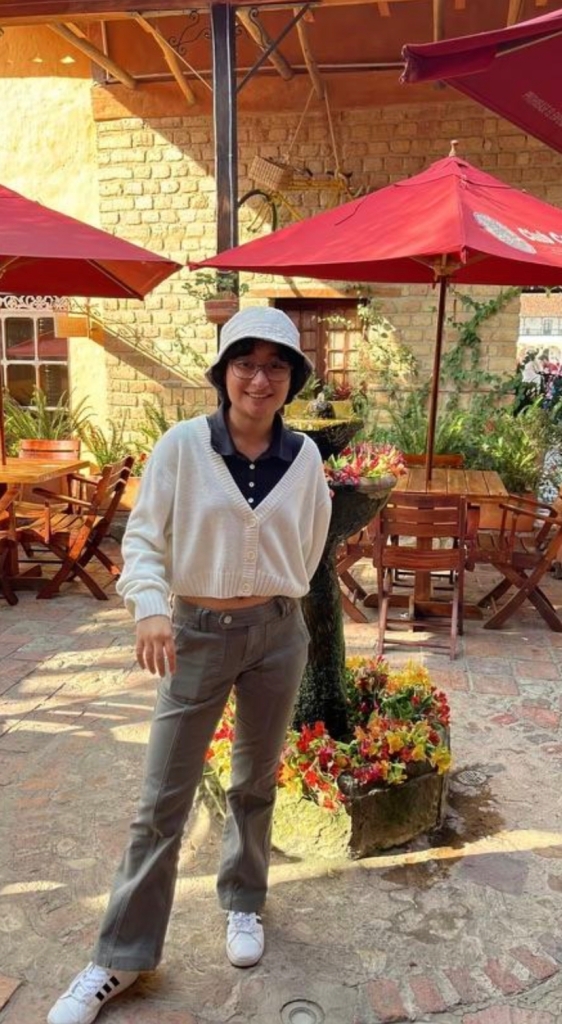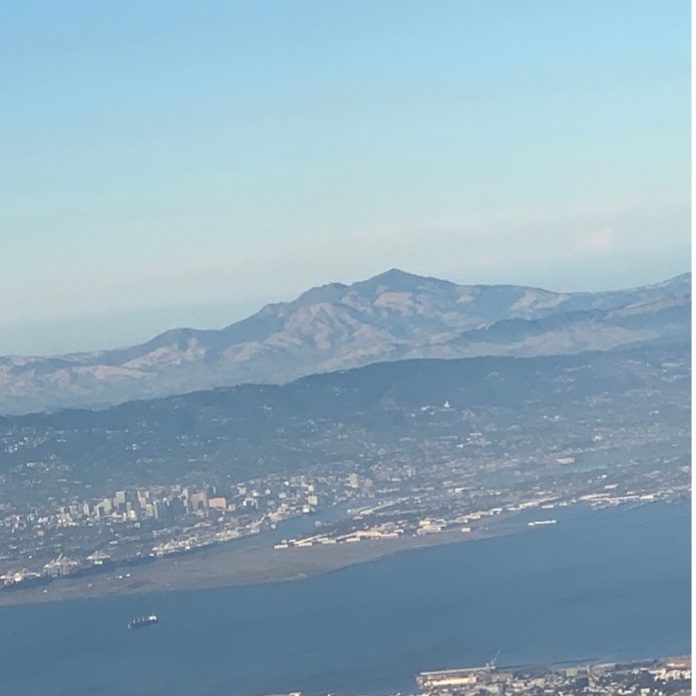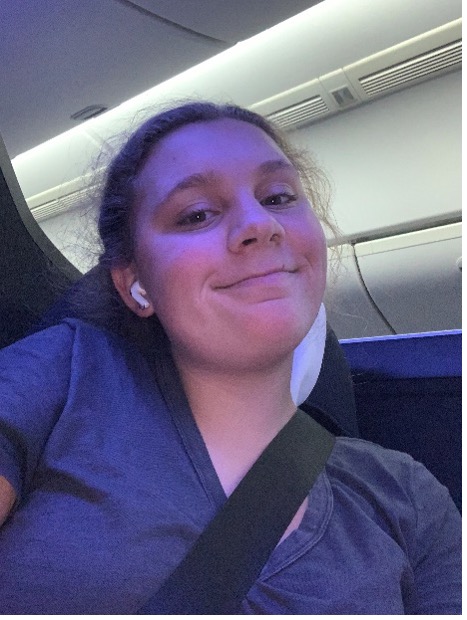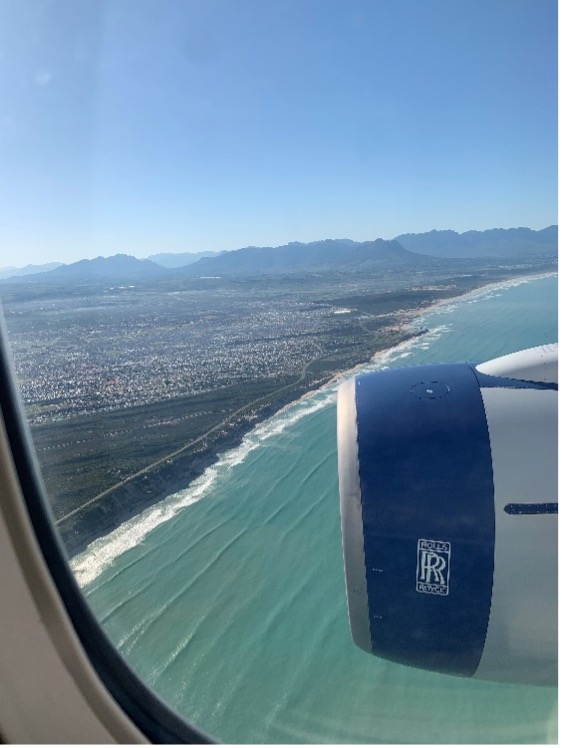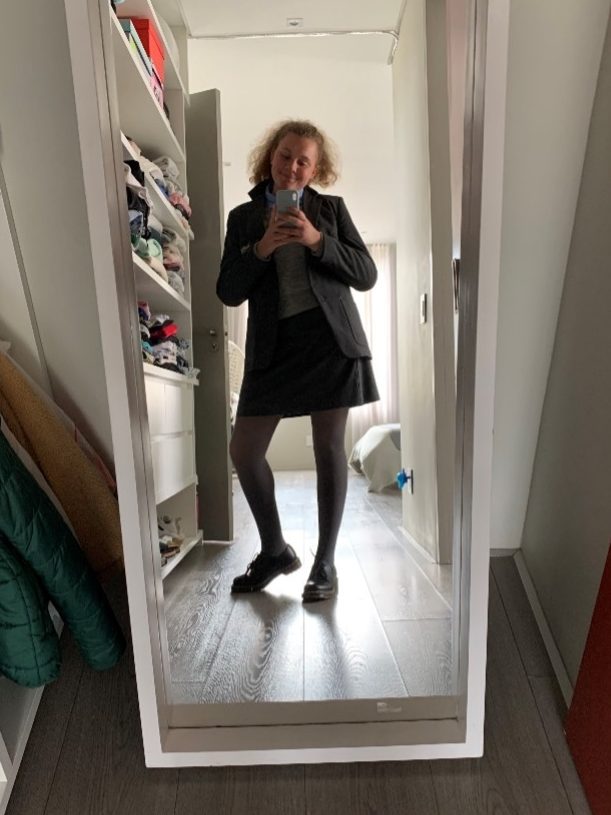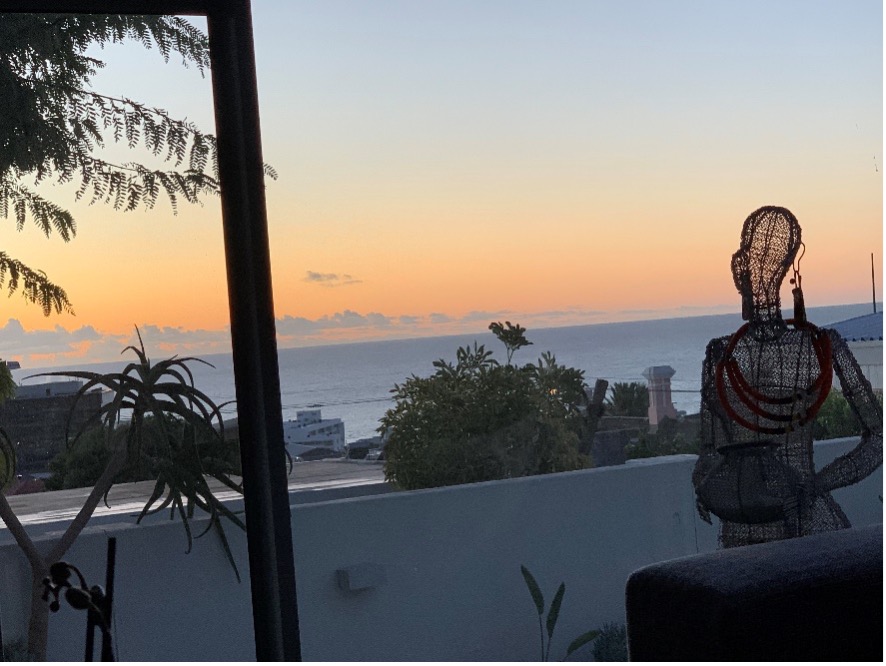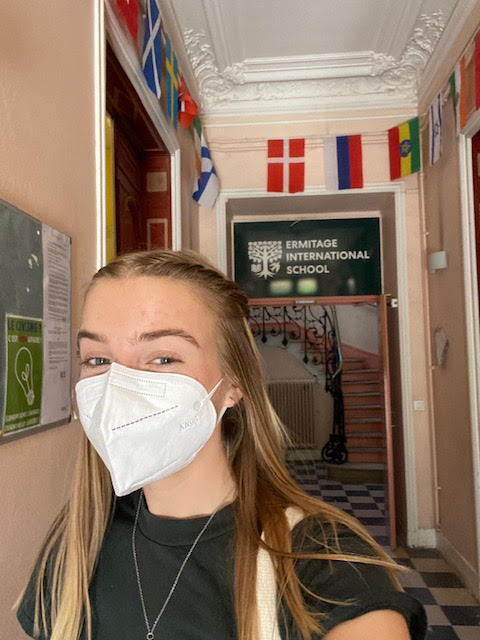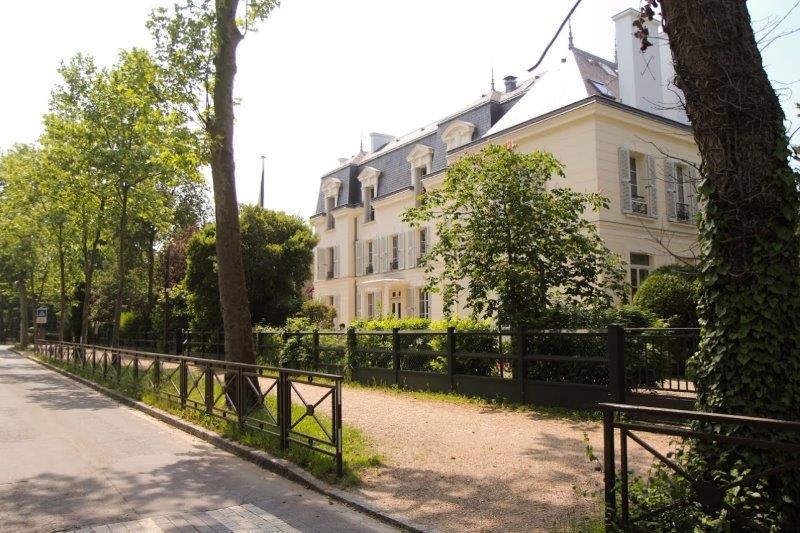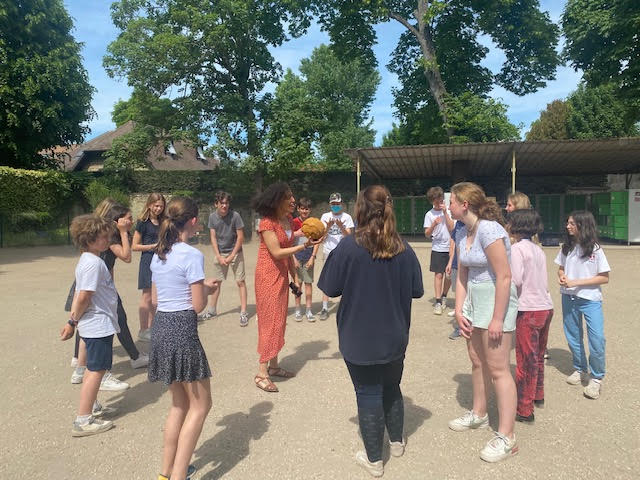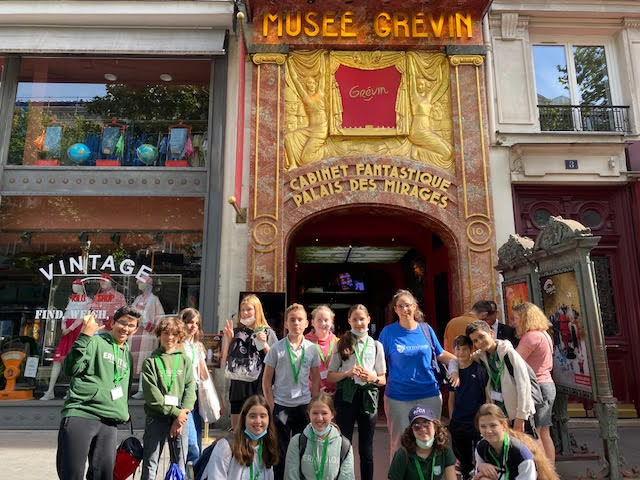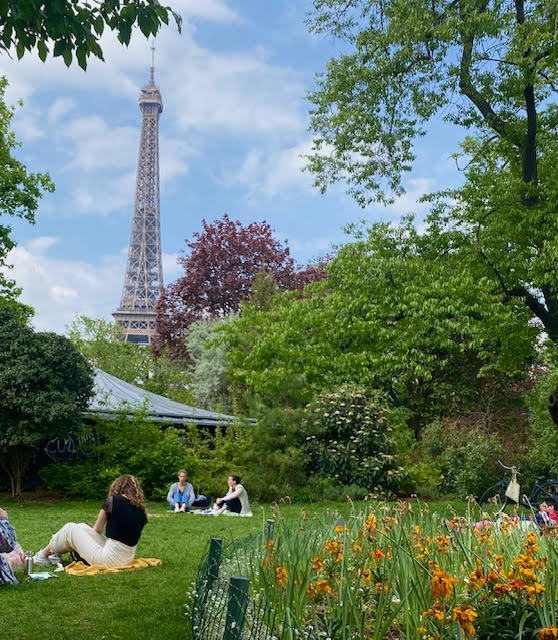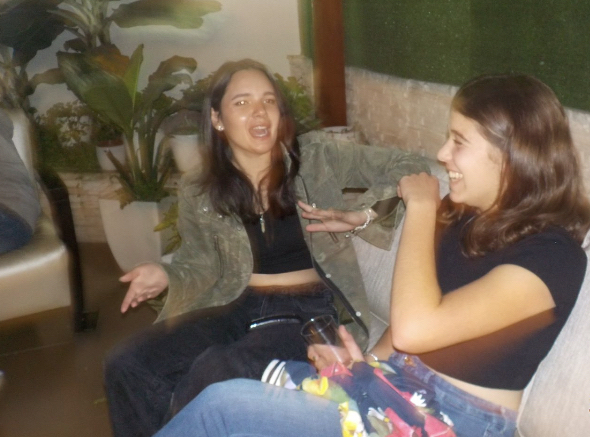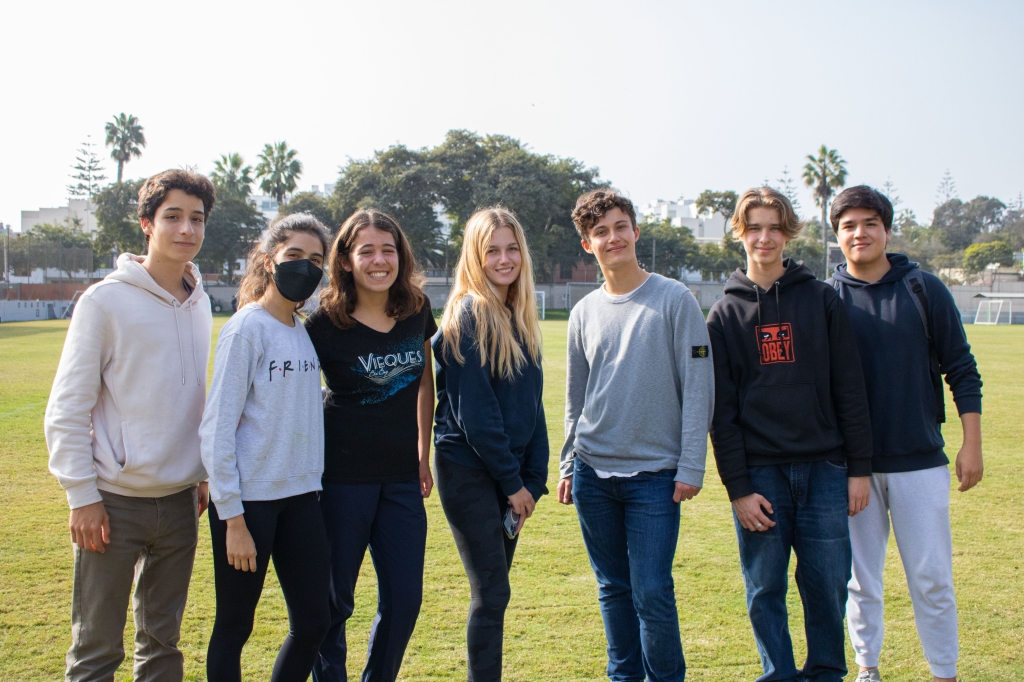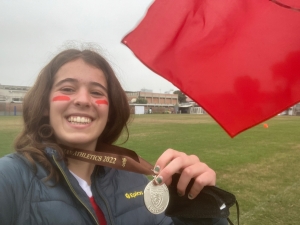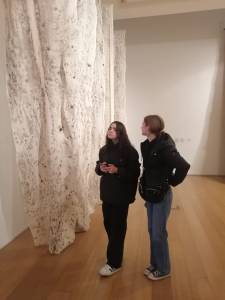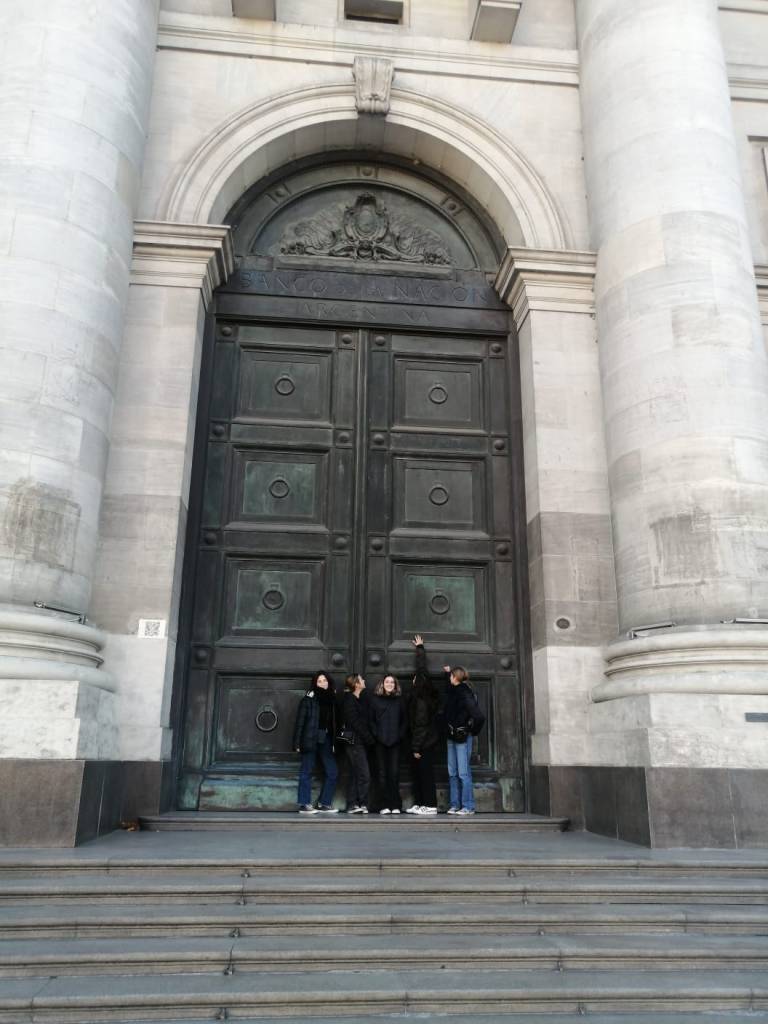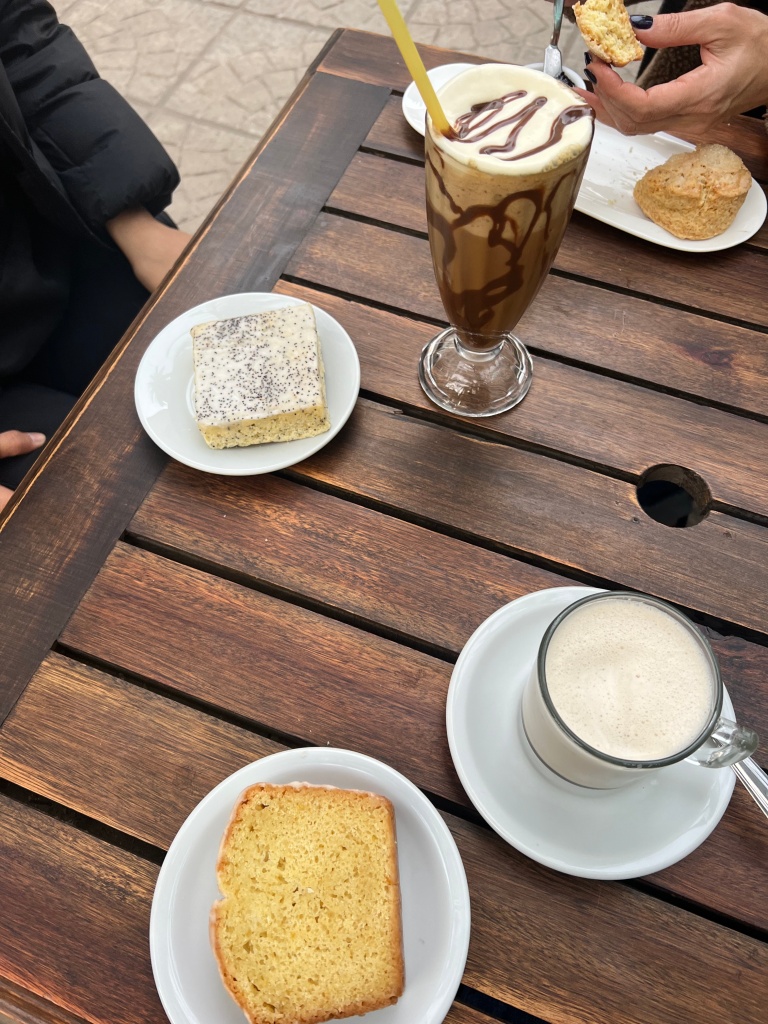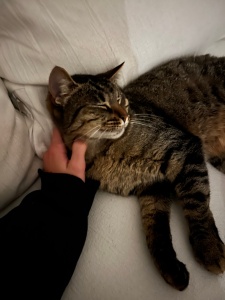I spent my spring semester at Schule Schloss Salem, a boarding school near Lake Constance in Germany. Salem and Athenian have organized countless student exchanges for many years. In 1932, Athenian’s very own founder, Dyke Brown, also studied at Schule Schloss Salem. At the time, the head of school was Kurt Hahn, founder of Salem, Round Square and Outward Bound. Here, Dyke Brown learned from Kurt Hahn the principles of community service, globalism, and spending time outdoors. Athenian’s IDEALS are a direct result of what he learned at the same 14th century monastery where I have been for the past few weeks. Another neat connection is that my great-great grandfather on my dad’s side, who is German, was a teacher at Salem a few years later.
Schule means school, Schloss means castle, and Salem is the name of the town where the school is located.
Even though I’ve been to Germany before, living in a boarding school was still a very new experience for me. At Athenian, there is some freedom in choosing what classes you are interested in taking. Here, there is a much more limited choice. My classes here were Math, Natural Science, Chemistry, German, History, Physics, Health Education, Sports, English, Sociology, Art, Ethics, and Geography. Unlike at Athenian, most classes take place only once a week. Another difference is that you are with the same people in all classes except for ethics.
I have noticed many cultural differences, particularly between Athenian and Schule Schloss Salem. It is a very formal atmosphere here. At the beginning of every class, we stand up to greet our teacher. We wear uniforms (school polo, sweater, and jeans) and every room has a chore to do each week, ranging from taking out the trash to washing the dishes. Every evening, we turn in all of our electronic devices, and don’t get them back until after classes end, which is usually at 4pm or later the next day. This helps students connect with each other instead of being on their phones.
We have school all day Mondays to Fridays and half day on Saturdays. Each class period is 90 minutes long and we rarely get breaks. This is one of the aspects of Salem that took me a while to get accustomed to. Athenian emphasizes spending time outdoors through programs like AWE. Salem also believes that exercising is a key aspect of one’s education. What does that look like here? We wake up every morning for a mandatory 6:45 am run around campus. Who needs coffee?
After our morning run, we have five meals every day: first breakfast, second breakfast, lunch, snack, and dinner. First breakfast and lunch are mandatory for all. During lunch, a school speaker will ring a bell, and no one speaks for a few minutes. All you can hear is the clinking of utensils against plates. It is a moment of silence in appreciation of having a warm meal.
One of Salem’s unique programs are their service groups, which ranges from fundraising in the Round Square service group to learning basic skills in First Aid to practicing firefighting skills in the Fire Brigade. I joined the First Aid group and practiced teamwork, communication, and first aid skills. Another major valuable part of my exchange has been the opportunity to continue improving my German. All of my classes are taught in German and I’ve managed to keep up.
During my time here, some special Salem traditions took place. During Salemer Weekend, we had a football (or as we call it, soccer) tournament between all of the wings. The rest of the time was spent with everyone’s own wing. In mine, each room cooked either an appetizer, main course, or dessert. It was really nice to cook, eat, and just spend time together. May Day (May 1st) is a public holiday in all of Germany. We had no classes, and each wing presented their Coat of Arms, which were then attached to a maypole in the main courtyard. Last week was Kevin Week. It was an opportunity for students to gain more independence. Our mentors and teachers were present, but students taught classes, and wing assistants took on responsibilities that the mentor usually does.
Over the past few weeks, I have grown closest to the students in my wing. There are students from Thailand, China, and Germany, as Salem is a very international school like Athenian. I have met people from both the German and English systems, whether it was during a weekend rock climbing trip or during swim practice. In addition to weekend activities and sports practices, my friends and I hang out in our wing or in the club house, which is open on the weekends for students to have a little dance party. On Saturdays, I go to the nearby city of Überlingen with my Salem exchange student, Florentine, and her friends. On Sundays, nearly all stores, other than some restaurants, are closed.
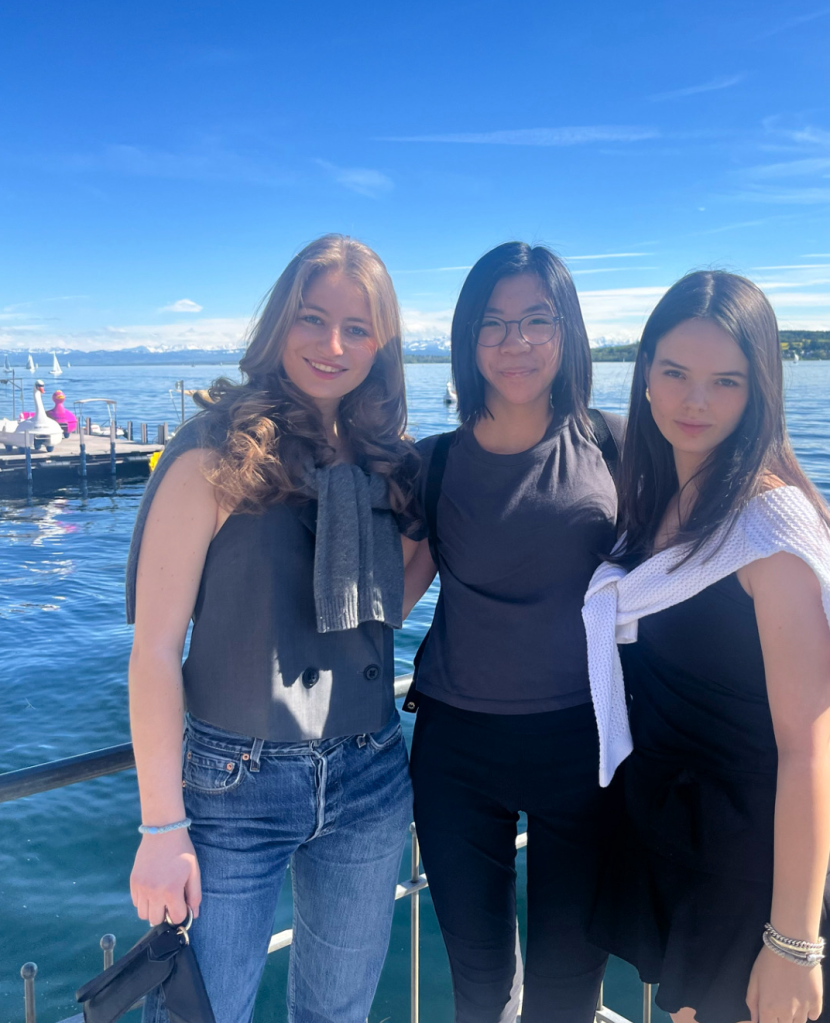
When you need to do a quick grocery run, you can walk 30-40 minutes to Salem. Edeka is the primary supermarket most students go to when they need to buy something to cook. One difference is that in Germany you have to rent a shopping cart. Nearby is the Schlosssee, another small lake that gets really crowded in the summer.
I would highly recommend going on exchange. Not only will you improve your language skills, or maybe learn a little of a new one, but you will make many international friends. My advice to students going on exchange would be to put yourself out there and get to know as many people as you can!


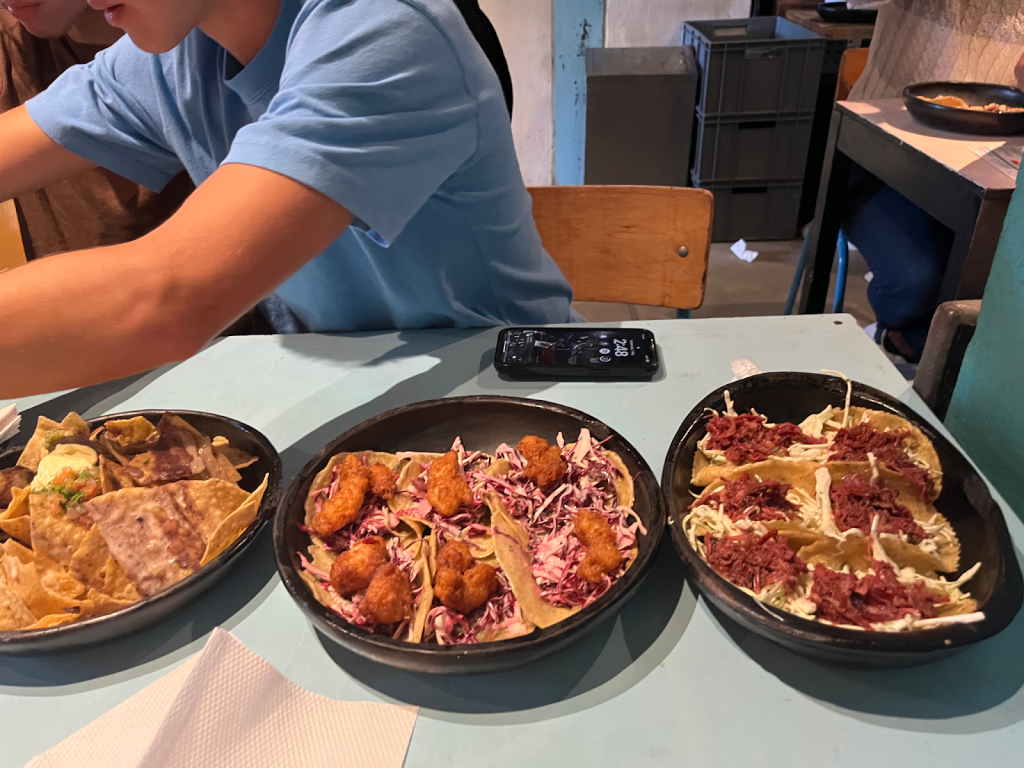

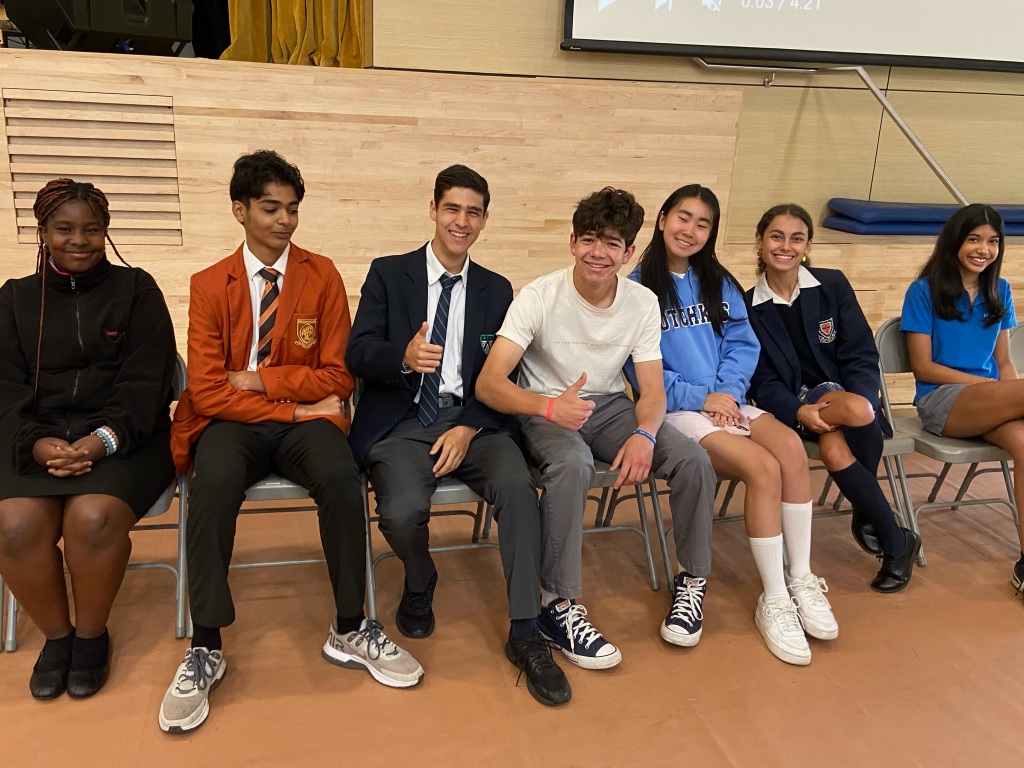
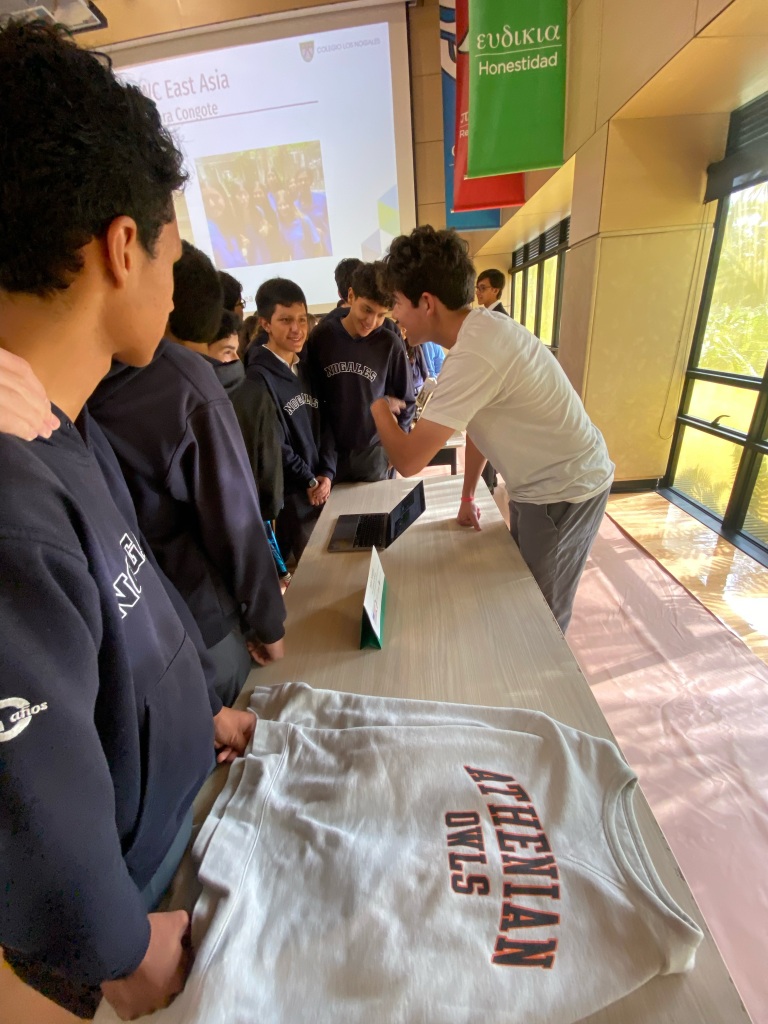


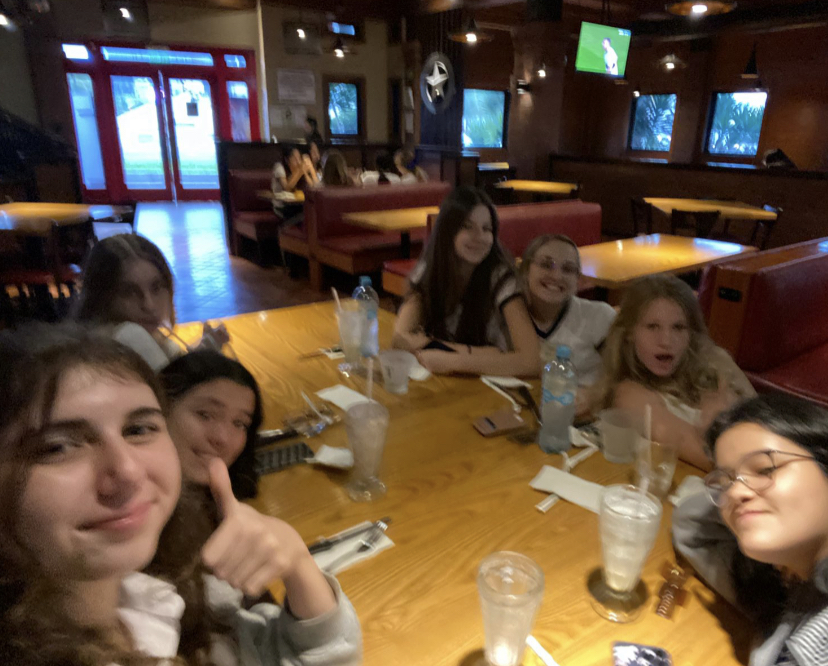
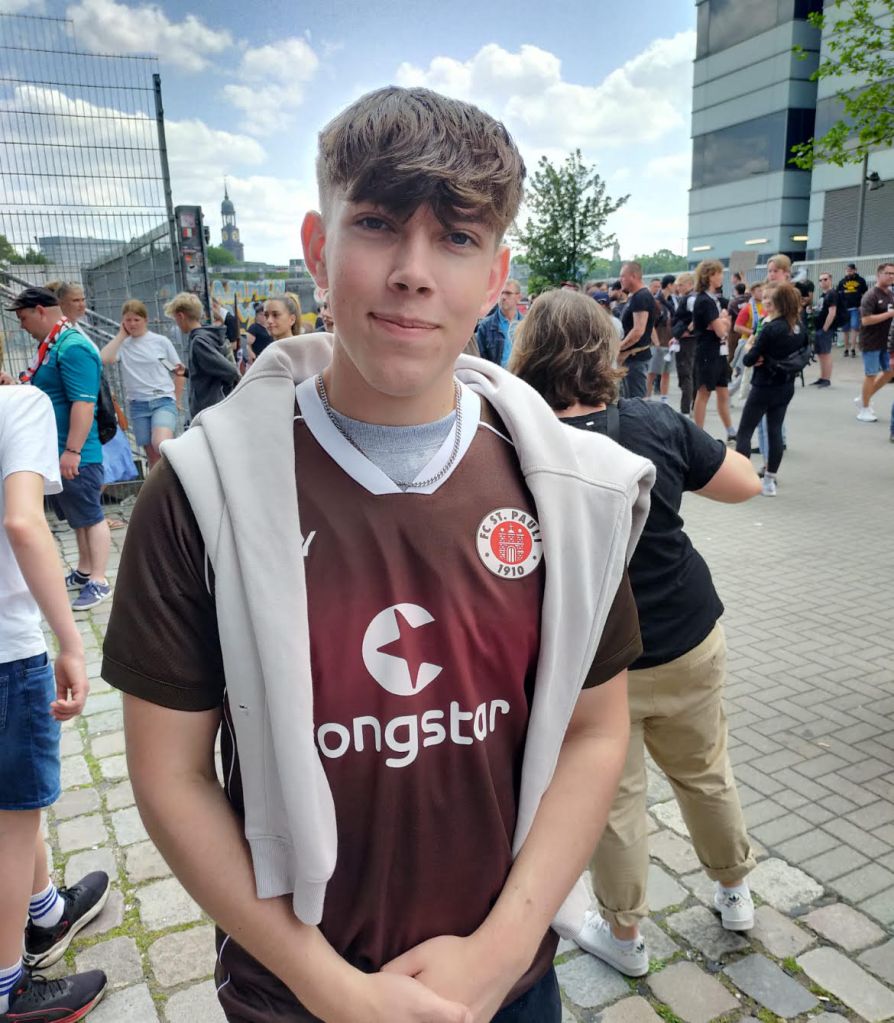
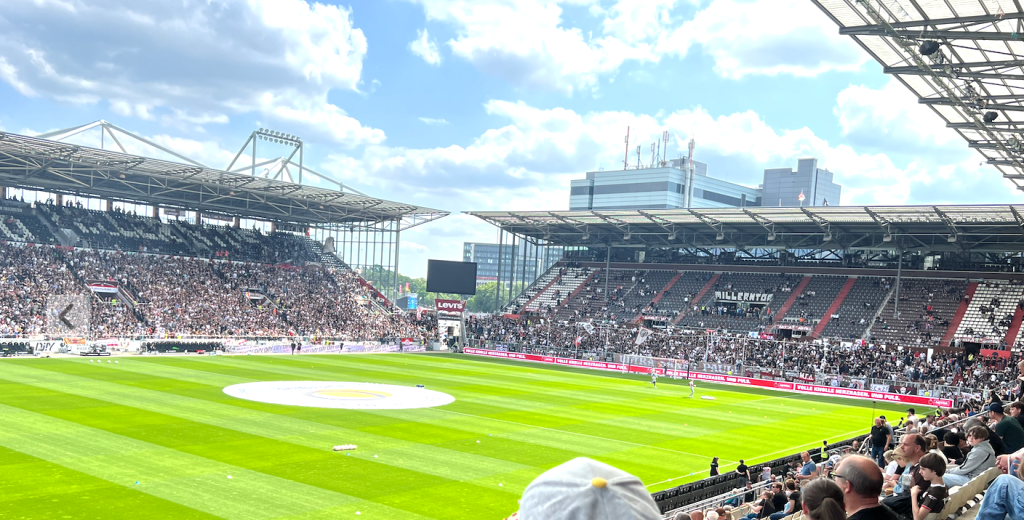
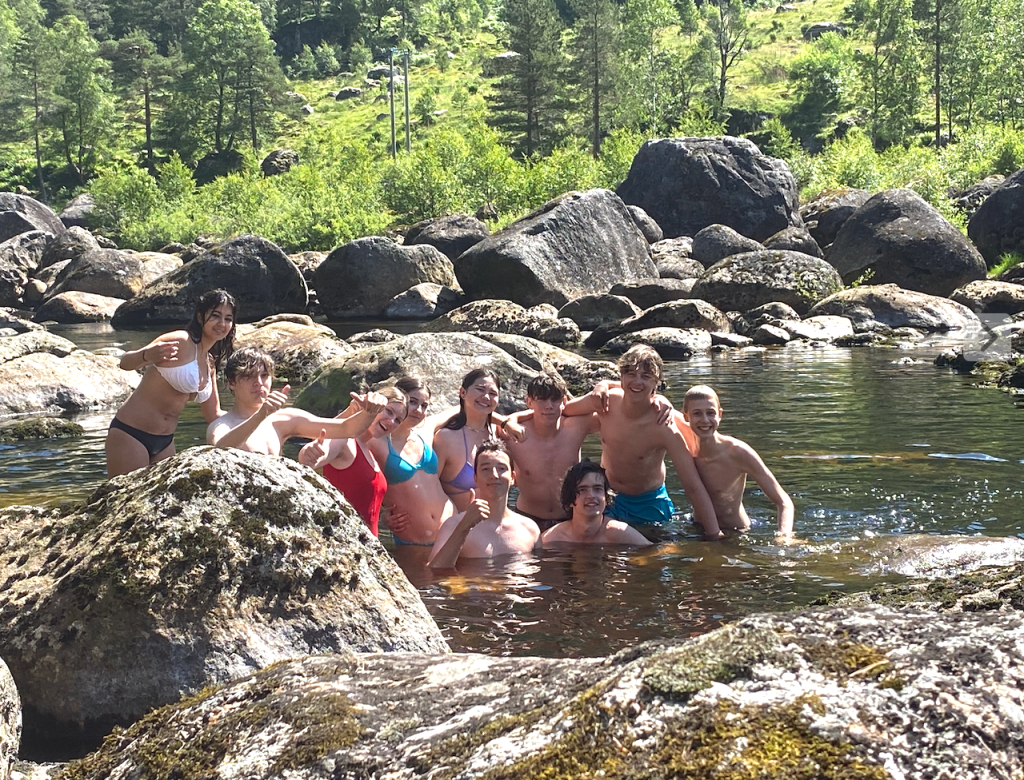
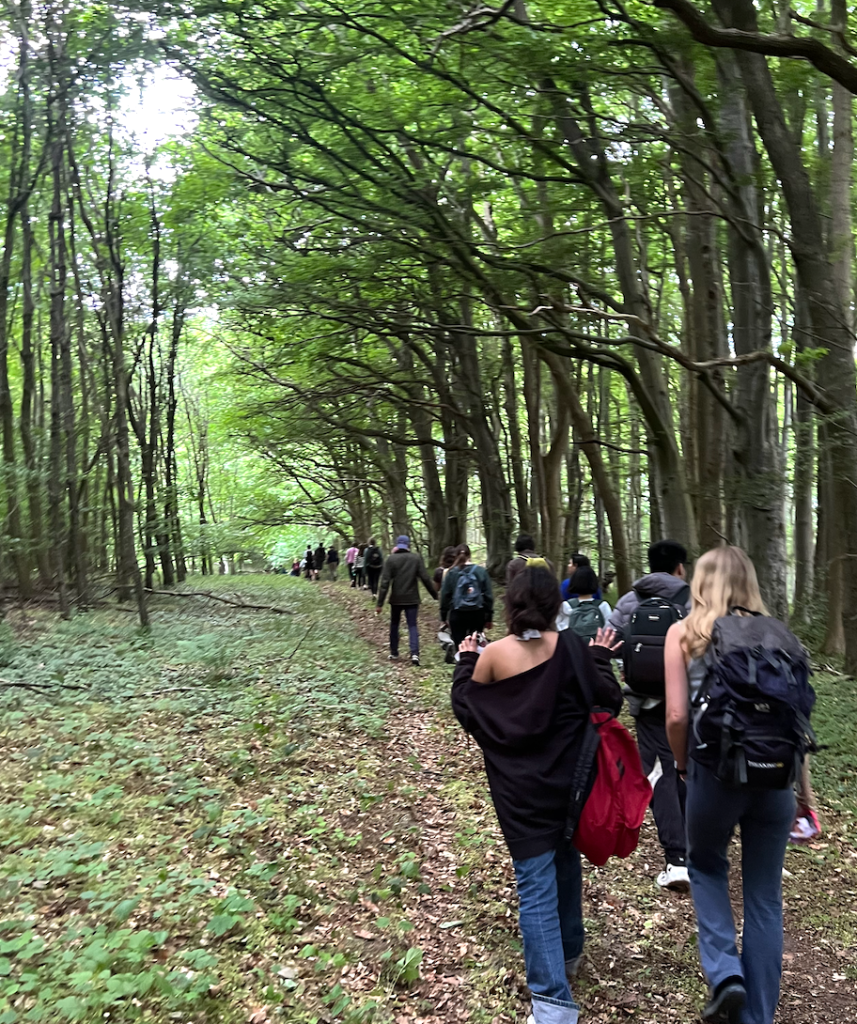
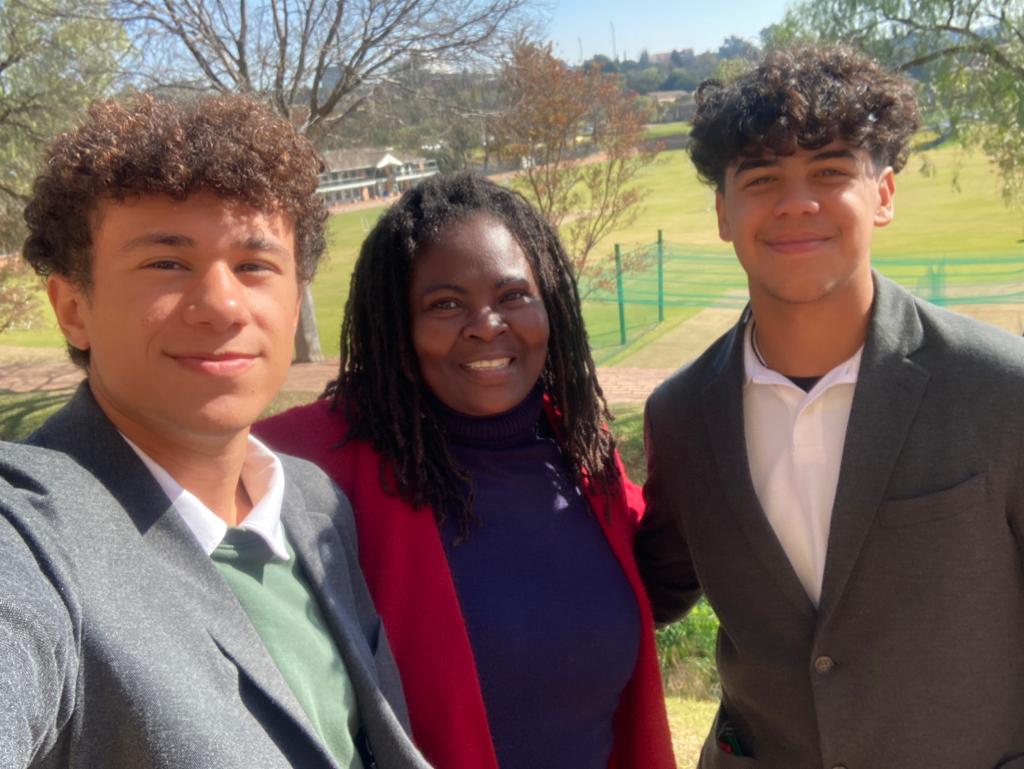
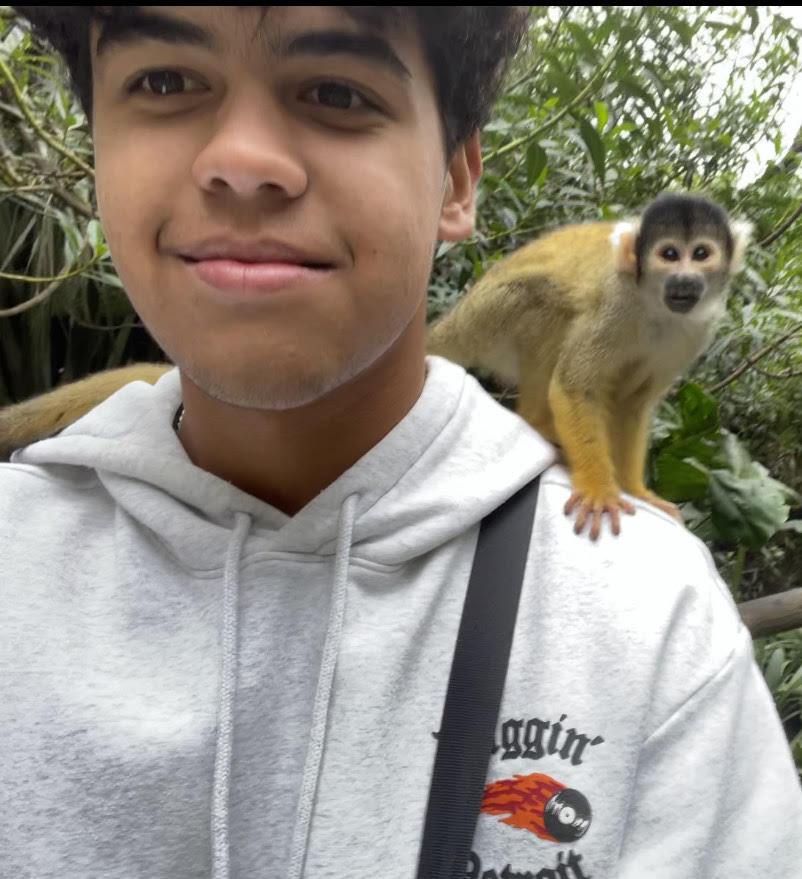

 When I arrived in Bogota it was 5:40 AM and for me 3:30 AM, so needless to say I was tired. Even so, I was ready for the five weeks I would spend here. The next morning I started getting ready at 5 for the bus to pick me up at 6. Here school begins at 7, so naturally bus schedules are also earlier. I was still slightly disoriented from waking up early with the two-hour time difference. Once I arrived at school, I started being introduced to the rest of my new classmates. Everyone was incredibly friendly and welcoming, telling me to ask them if I ever needed any help. That first day I was able to get a tour of the school, which I found to be very different from ours. In California we’re constantly surrounded by Hills; our school is on the base of Mount Diablo. Here, although there are surrounding hills, they aren’t as prominent, rather something to look at in the distance.
When I arrived in Bogota it was 5:40 AM and for me 3:30 AM, so needless to say I was tired. Even so, I was ready for the five weeks I would spend here. The next morning I started getting ready at 5 for the bus to pick me up at 6. Here school begins at 7, so naturally bus schedules are also earlier. I was still slightly disoriented from waking up early with the two-hour time difference. Once I arrived at school, I started being introduced to the rest of my new classmates. Everyone was incredibly friendly and welcoming, telling me to ask them if I ever needed any help. That first day I was able to get a tour of the school, which I found to be very different from ours. In California we’re constantly surrounded by Hills; our school is on the base of Mount Diablo. Here, although there are surrounding hills, they aren’t as prominent, rather something to look at in the distance. 